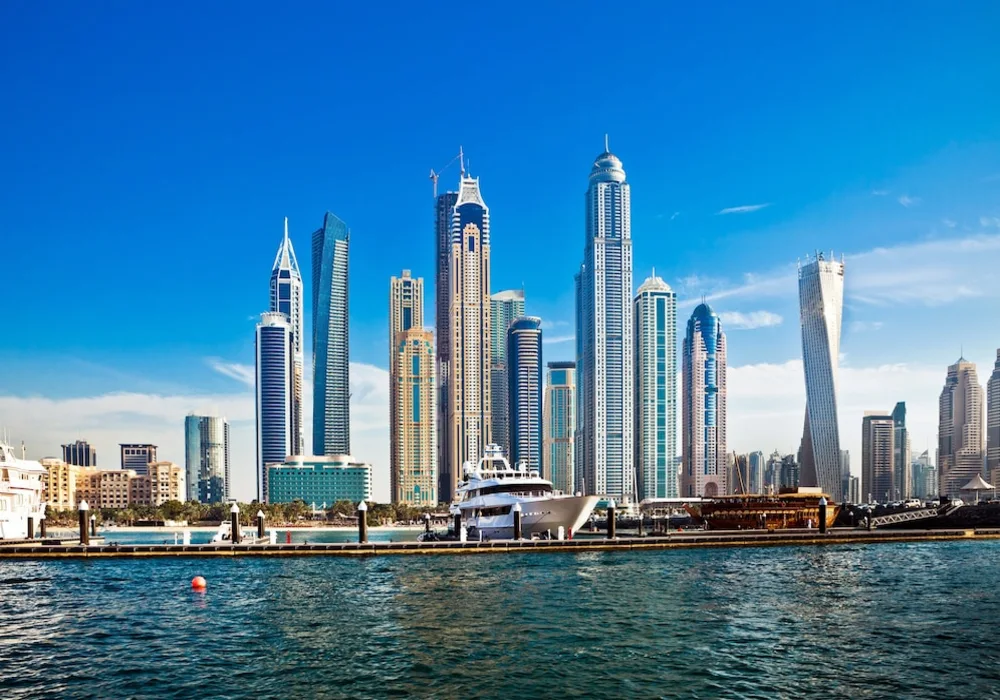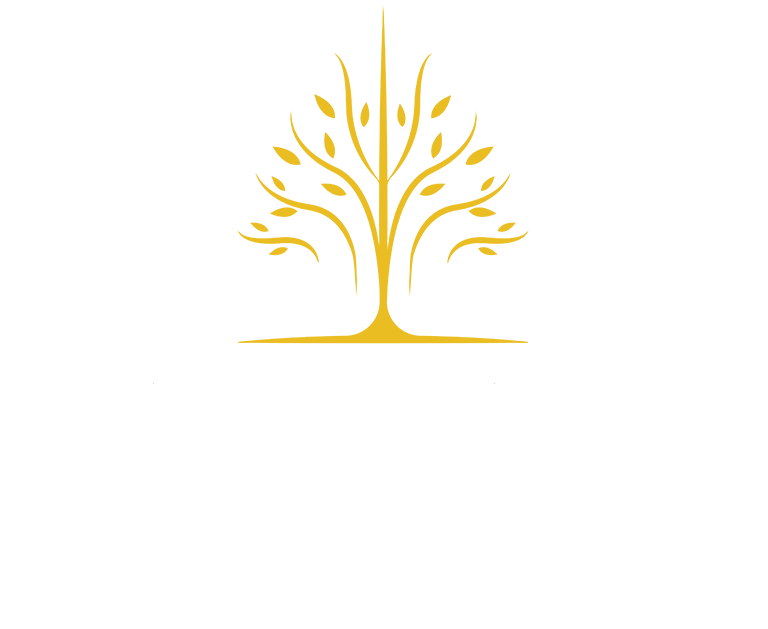
Dubai’s skyline isn’t the only thing reaching new heights—interest from international property buyers is, too.
But if you’re a non-resident wondering how mortgages work here, you might feel a little overwhelmed.
Good news:
Getting a mortgage for non-residents in Dubai is possible—and honestly, easier than you think once you know the steps.
Let’s clear up the confusion with these 15 most frequently asked questions, answering one real query at a time.
1. Can Foreigners Take a Loan in Dubai?
Yes. 100% yes. Foreign investors’ loans in Dubai programs are available at major banks, offering plenty of tailored options.
What you’ll usually need:
- Steady income proof (in USD, GBP, EUR preferred)
- Recent financial history
- A minimum 50% down payment, which is the normal standard for non-residents
No hidden traps—just a need to show financial reliability.
2. Is It Possible for Non-residents to Open a Bank Account in Dubai?
You’ll need one—and it’s easier than people think. Opening a bank account in Dubai for non-residents typically requires:
- Valid passport
- Proof of address (utility bill, rental contract)
- Bank statements from your home country
Some banks even have dedicated expat desks to make it smooth. It’s a must-have for making mortgage payments and meeting legal compliance requirements.
3. What’s the Minimum Down Payment for Mortgages in Dubai?
If you’re non-resident? Expect a down payment of around 50% upfront. This is the usual threshold set for a non-resident down payment in the UAE based on current lending policies.
Residents usually only need about 20% to 25% down. However, non-residents face tighter risk policies from lenders.
Tip:
Having extra liquidity, such as cash savings, on hand will significantly strengthen your application.
4. Does Buying a House Get You a UAE Residency?
In some cases, yes. Buying a property worth AED 1 million or more can make you eligible for the Dubai residency by property program.
Even better:
Paying at least 50% of the property value yourself (not via mortgage) often qualifies you for a UAE Golden Visa.
Golden Visa = 10-year residency + freedom to live, work, and study with zero sponsor requirements.
5. Can Foreign Investors Get a Mortgage in Dubai?

Yes, and it’s becoming more common every year.
Banks welcome foreigners applying for foreign mortgages in Dubai products if they:
- Prove steady income
- Show clear banking records
- Meet down payment criteria
Some lenders specialize in offering investor loans in the UAE that cater specifically to expats. Having prior international investments or assets strengthens your case.
6. Are Mortgages in Dubai Interest-Free?
Usually, no. Conventional banks offer standard interest-bearing loans.
But if you’re after an interest-free mortgage in Dubai, you should consider Islamic home finance options instead.
Islamic mortgages in the UAE (such as Ijara or Murabaha) structure payments differently—no direct “interest,” just pre-agreed profit margins.
7. Can You Get Interest-Free Mortgages in Dubai?
Yes, you can—through Islamic home financing models in Dubai. Instead of lending or charging interest, Islamic banks:
- Buy the property first.
- Sell it to you with a fixed profit margin (Murabaha).
- Or lease it to you over time (Ijara).
It’s ethical, transparent, and fully aligned with the principles of Sharia mortgage in the UAE.
8. Can I Get a UAE Golden Visa Even If I Take a Mortgage?
Yes, you can. You’ll qualify for the Golden Visa in Dubai if:
- The property value is AED 2 million+
- And you’ve paid off at least AED 1 million from your side (equity)
Banks holding part of the property title via a property mortgage in the UAE visa setup won’t block you, as long as the required ownership threshold is met.
9. How to Get Mortgage Pre-Approval in Dubai?
Mortgage pre-approval in Dubai is your ticket to serious negotiations.
Here’s what usually happens when :
- You submit your passport, proof of income, and bank statements.
- The bank checks your eligibility.
- Within a few days, you get a pre-approved UAE letter showing how much you can borrow.
Without pre-approval?
Sellers and brokers may not even take you seriously.
10. What Property Types Qualify for Non-Resident Mortgages?

Not every property in Dubai is mortgage-eligible if you’re a non-resident. Banks usually lend for eligible properties for non-residents in Dubai, such as:
- Freehold properties in designated investment zones
- Completed residential apartments or villas
- Some select serviced apartments
Off-plan and leasehold properties? Tricky. Many banks avoid financing them.
Tip:
Look for options specifically for a freehold mortgage in Dubai. They offer you full ownership rights—no strings attached.
11. Can I Apply for a Mortgage if I Don’t Have a Credit History in the UAE?
Short answer? Yes, but you’ll need to prove financial strength elsewhere.
If you lack local history, banks rely on:
- Home country credit reports
- Salary certificates
- Offshore account statements
Options for a no-credit-history mortgage in Dubai are available, but be prepared for slightly stricter scrutiny.
Banks offering non-resident credit mortgage deals in the UAE love applicants who show transparency and financial stability, even if they don’t have local roots.
12. What’s the Maximum Loan-to-Value (LTV) Ratio for Non-Residents?
Banks won’t fund 90% of your purchase—let’s be real.
The typical LTV ratio for non-residents in Dubai is about 50%-65%, depending on your nationality and income source.
Meaning?
You’ll likely need to put down 35%-50% cash yourself.
The higher your upfront contribution, the better mortgage terms you’ll score on your mortgage LTV Dubai application.
13. What is the Mortgage Interest Rate for Non-Residents in Dubai?
Rates vary, but here’s the snapshot:
- Fixed rates: 4.25%–5.75% (approximate)
- Variable rates: Linked to EIBOR rates + lender spread
Non-residents usually pay 0.25%–0.75% more than residents.
Banks consider non-resident buyers to be at a slightly higher risk, hence a bump. Still, mortgage rates in Dubai remain globally competitive.
When comparing, always ask how non-resident interest rates in the UAE differ from local offers.
14. Can Non-Residents Finance Off-Plan Properties in Dubai?

Sort of…but it’s not as flexible as completed units.
Banks are pickier with off-plan.
Off-plan mortgage Dubai approvals usually require:
- A higher down payment (often 50 %+)
- Buying from approved developers
Also note:
Non-resident off-plan financing options in the UAE shrink if your project is far from completion.
Always ask upfront if the property is finance-eligible before committing.
15. Are There Extra Fees When Securing a Mortgage in Dubai?
Oh yes. Budget for them—or they’ll sneak up on you.
Typical mortgage fees in Dubai include:
- 1% bank arrangement fee
- 0.25%–0.5% property valuation fee
- 4% DLD property registration fee (separate)
- Mortgage registration fee (0.25% of the loan)
These additional costs of mortgage in the UAE add up to about 6%-8% of the property price beyond your deposit.
Plan for it early—no one likes nasty surprises during closing.
Mortgages for Non-Residents? Easier Than You Think (If You Plan Smart)
Buying property in Dubai as a non-resident isn’t a fantasy. It’s real—and doable.
When you work with trusted partners like Vantage Developments, your dream of owning prime Dubai real estate becomes reality faster than you think.
And if you’re eyeing luxury, Livel Residenza at Jumeirah Village Circle is the excellent place to start:
- Spacious, modern apartments
- 18,000+ sq.ft. leisure amenities (gym, podcast room, yoga studio, outdoor cinema)
- Crypto-friendly transactions available
Ready to make your move? Your property, your mortgage, your future—all waiting for you in Dubai.


